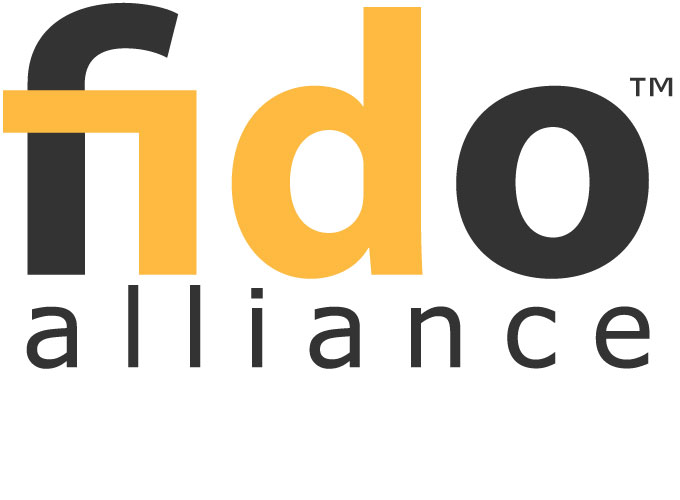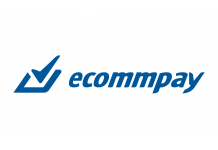New Research Reveals Lack of Trust and Dissatisfaction...
- 14.08.2023 12:00 pm
Intellect Global Consumer Banking Launches Open...
- 07.06.2023 10:50 am
ECOMMPAY Enters the BNPL Market with Tailored Product...
- 15.02.2023 10:00 am
Seamless Middle East Will Be Opening Their Doors to...
- 19.04.2022 10:29 am
Stocard Joins Klarna and Gets “Smoooth” with All-new...
- 06.04.2022 09:50 am
Azentio included in Now Tech: Digital Banking...
- 04.04.2022 10:00 am
Klarna Launches Nationwide SME Roadshow to Bring SME...
- 31.03.2022 01:00 pm
Klarna Launches ‘Klarna Kosma’ Sub-brand and Business...
- 31.03.2022 09:10 am
Buy Now Pay Later: New Data From Klarna Finds Women...
- 13.12.2021 10:35 am
Masthaven launches fees-free remortgage range
- 28.04.2020 09:54 pm
TSB unveils support for SME suppliers and customers...
- 24.03.2020 04:46 am
Metro Bank and ezbob partner to deliver next-...
- 09.03.2020 09:49 am






















